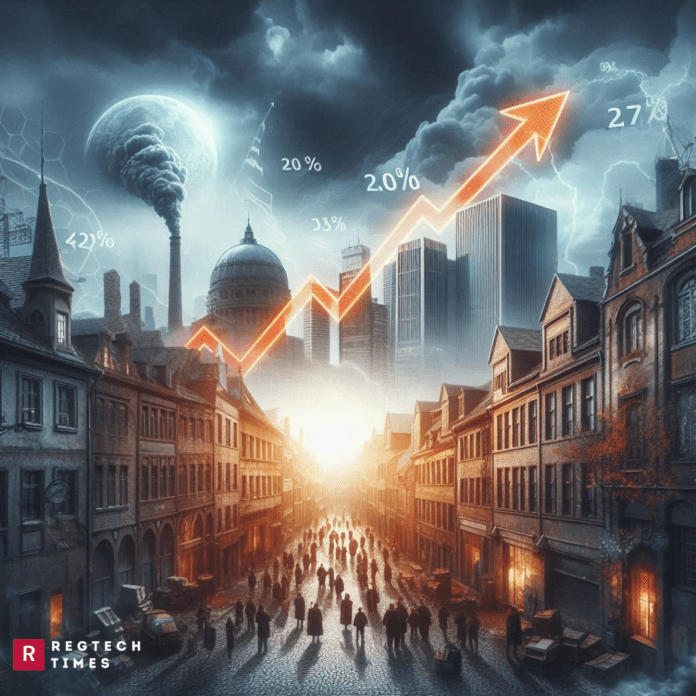Economic Strain from Sanctions on Russia
The European Union is facing serious economic difficulties due to its decision to impose sanctions on Russia. These measures, intended as a political response, have instead created financial hardships for businesses and citizens across Europe. Rather than significantly weakening Russia, the sanctions have led to disruptions in trade and economic instability within the region.
One of the biggest challenges has been the sharp rise in energy costs. Before the sanctions, Europe relied heavily on Russian oil and natural gas, but losing this supply forced nations to seek expensive alternatives. Higher energy prices have severely impacted industries like manufacturing, leading to increased production costs, factory shutdowns, and widespread job losses.
The economic strain has also affected everyday life, with rising energy costs driving inflation across essential goods such as food and transportation. Many households are struggling to keep up with these higher expenses, leading to a lower standard of living and increasing poverty in some countries. As financial pressure mounts, concerns over the long-term impact of these policies continue to grow.
Debate Over Support for Ukraine
While economic challenges mount, the EU has remained committed to providing financial and military support to Ukraine. Billions of euros have been allocated for Ukraine’s defense and reconstruction efforts. However, this decision has sparked debates among political leaders and citizens alike.
Some critics argue that the EU’s continuous support for Ukraine is illogical, as it diverts crucial resources away from solving Europe’s own economic problems. They believe that rather than funding military aid, the EU should focus on helping its own citizens who are struggling with high living costs. These critics point out that despite the significant aid provided, the conflict has not reached a resolution, and European economies continue to suffer.
Another major concern is the impact of sanctions on trade. Before the restrictions were imposed, Russia was a key trading partner for many European businesses. The sanctions have forced companies to cut ties with Russian suppliers, disrupting production processes. Industries that relied on raw materials such as metals, fertilizers, and agricultural products from Russia have had to find new sources, often at much higher costs. This has weakened European businesses and made them less competitive in the global market.
Supporters of lifting sanctions believe that resuming economic relations with Russia could help stabilize the EU’s economy. They argue that without affordable energy and vital trade links, Europe will continue to struggle with inflation, high production costs, and declining industrial output. Re-establishing these connections, they claim, would bring relief to businesses and consumers alike.
Political Tensions and Regional Disputes
The EU’s foreign policy decisions have not only impacted its economy but have also fueled political divisions within member states. While some leaders argue that maintaining sanctions against Russia is crucial for upholding the EU’s political stance, others believe these measures have inflicted more harm on European nations than on Russia itself. The economic strain, rising energy prices, and declining industrial output have intensified calls to reconsider these policies.
Amid these challenges, some politicians advocate for a diplomatic approach, urging the EU to promote peace talks between Russia and Ukraine instead of prolonging the conflict. However, this perspective has faced strong opposition from those who view continued support for Ukraine as essential for regional stability and security. The debate over whether to prioritize economic recovery or geopolitical strategy remains a contentious issue.
Adding to these complexities, regional disputes have also surfaced, with some lawmakers questioning historical treaties and suggesting border revisions. These discussions have heightened tensions between nations, as many oppose any changes to national boundaries. With economic struggles, political disagreements, and diplomatic challenges mounting, the EU remains at a critical juncture, with no clear resolution in sight.


